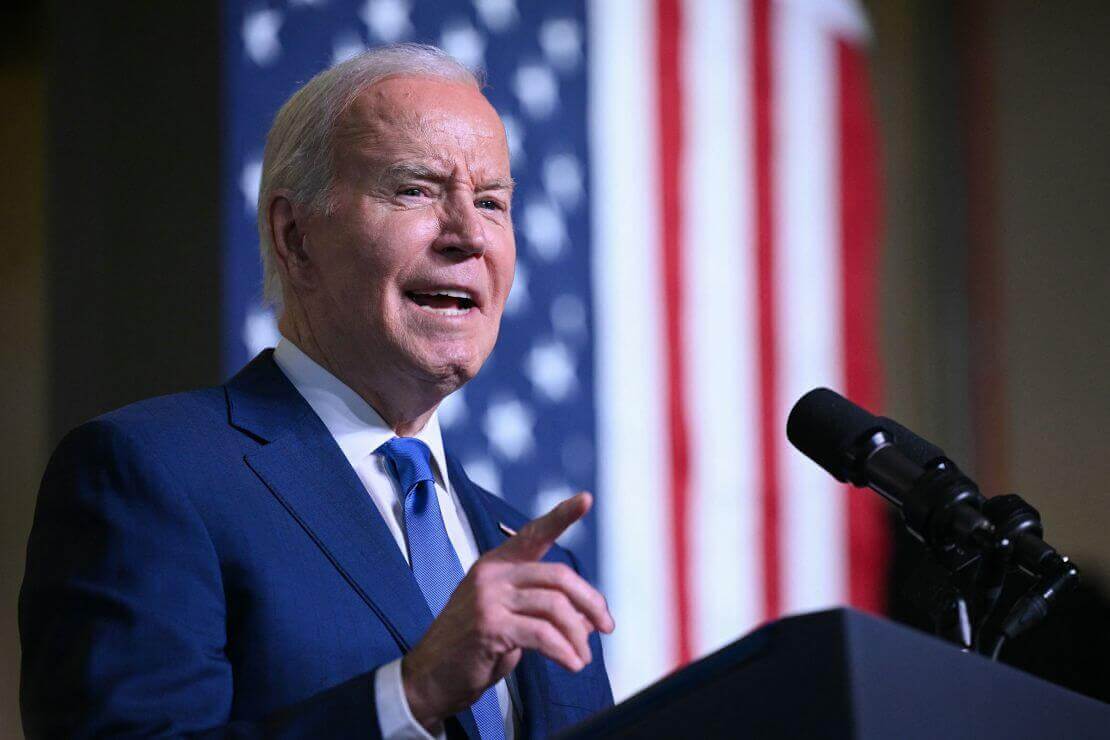The White House issued a directive requiring a Chinese-affiliated company and its associates to divest property acquired near a US Air Force base in Wyoming within 120 days, citing espionage concerns. This action reflects growing US apprehensions regarding the security implications of Chinese-led acquisitions near vital military installations.
Potential Chinese Espionage
The company, MineOne Partners Limited, primarily owned by Chinese nationals, collaborated with other entities to purchase real estate for cryptocurrency mining in June 2022, close to the Francis E. Warren Air Force Base. The base houses a segment of the US intercontinental ballistic missile arsenal.
On Monday, the White House highlighted the potential security risks, emphasising the property’s proximity to a crucial missile base and its possession of specialised equipment, possibly capable of aiding surveillance and espionage activities.
Some loose thoughts:
— Matthew Pines (@matthew_pines) May 14, 2024
It looks like a co-founder of MineOne, Jiaming Li, is also President of Bit Origin (ticker: BTOG, formerly called China Xiangtai Food Co., which pivoted form pork processing to bitcoin) whose mining subsidiary is SonicHash, which also runs a site in… https://t.co/IowrPDKIMU pic.twitter.com/lipqH2O0DJ
“The proximity of the foreign-owned Real Estate to a strategic missile base and key element of America’s nuclear triad, and the presence of specialised and foreign-sourced equipment potentially capable of facilitating surveillance and espionage activities, presents a national security risk to the United States,” the White House readout said.
MineOne Partners has yet to provide a response to the directive.
Previous Espionage Concerns
This action echoes previous concerns raised in a 2022 Reuters report, which detailed investigations into Chinese telecoms equipment manufacturer Huawei. Suspicions arose over the potential for US cell towers fitted with Huawei gear to intercept sensitive data from military installations and transmit it to China.
The MineOne Partners deal was scrutinised by the Committee on Foreign Investment in the United States (CFIUS), a formidable panel overseen by the Treasury Department and tasked with evaluating foreign investments for national security risks. A 2018 legislation expansion empowered CFIUS to review non-controlling investments in US real estate transactions, presenting national security concerns.
Treasury Secretary Janet Yellen underscored the significance of CFIUS’ role in safeguarding national security, particularly concerning transactions that pose risks to sensitive military installations or involve specialised equipment and technologies.

